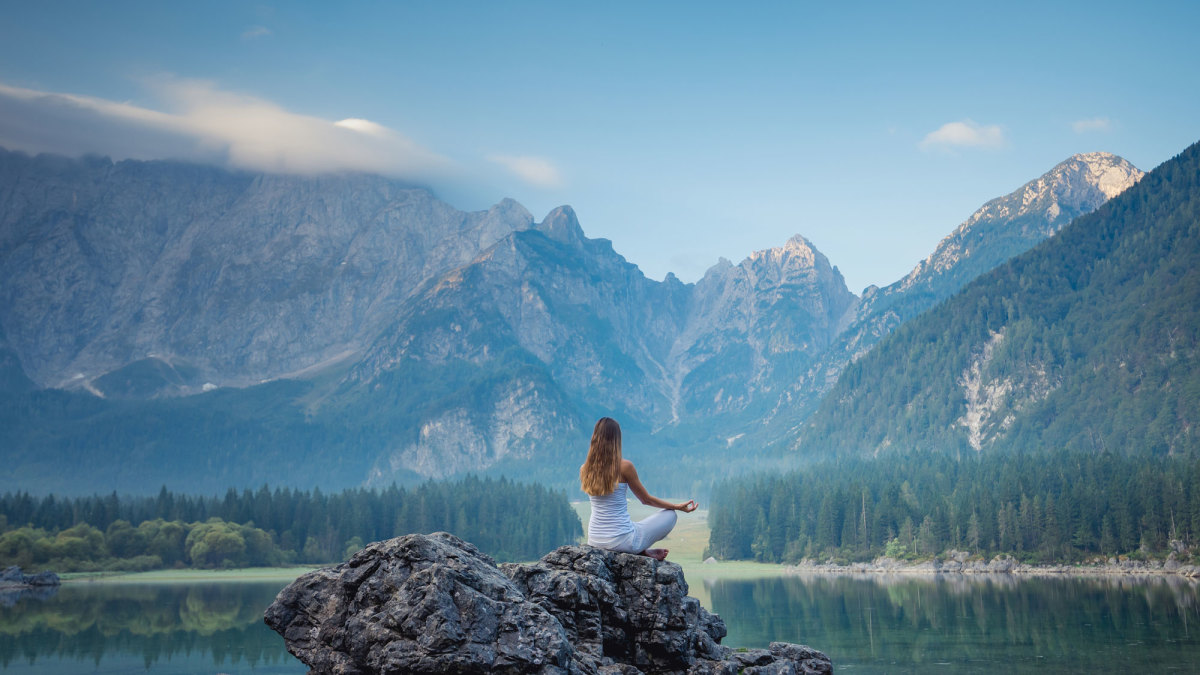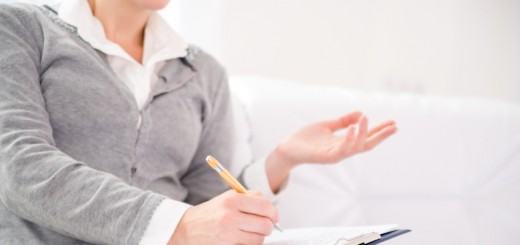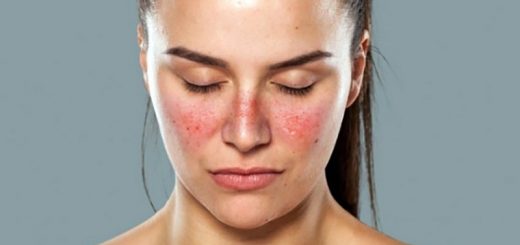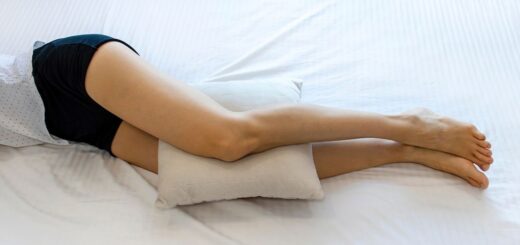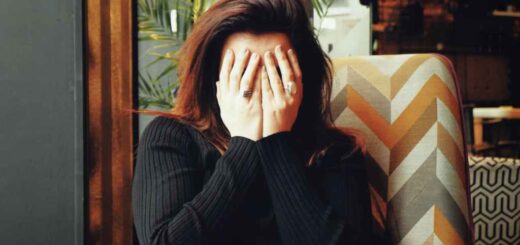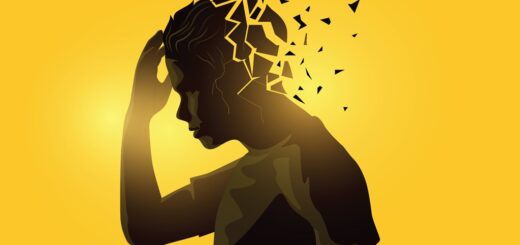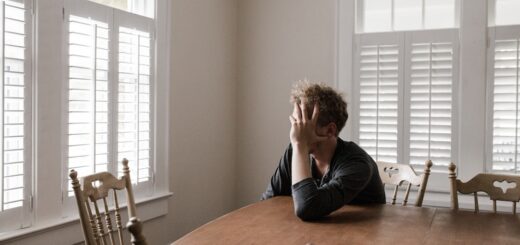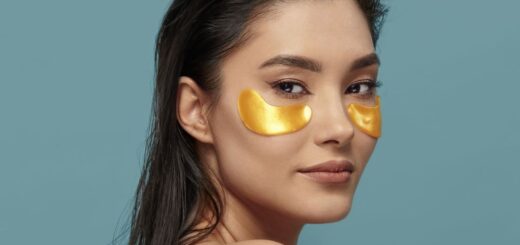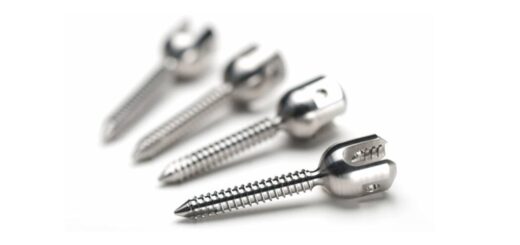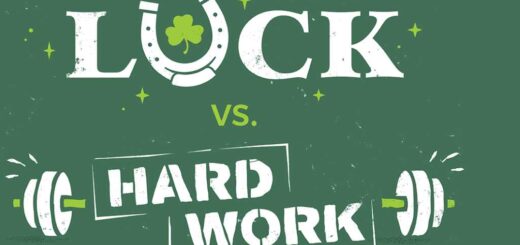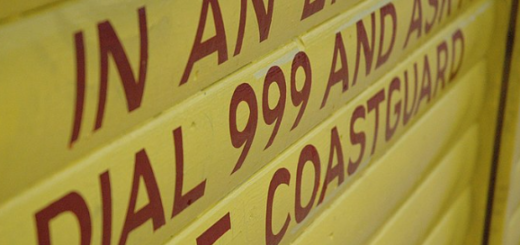Natural remedies for anxiety, 5 alternatives to reduce this condition
Feeling anxious at certain moments in life is part of normalcy and not worrying. A problem begins to exist when one feels anxious for no reason and a condition of constant concern is created that affects everyday life, creating a generalized anxiety disorder.
The symptoms of generalized anxiety disorder may include restlessness, a sense of tension or nervousness, irritability, impatience or poor concentration.
People suffering from this disorder may also notice changes in their physical health, having: headache, jaw pain, muscle tension, problems with physical balance, insomnia, fatigue, chest tightness, indigestion, swelling, excessive sweating and headache.
Natural remedies for anxiety
Although some research suggests that some natural remedies may offer benefits, it is important to talk to a doctor before using alternative medicine. Keep in mind that alternative treatments should not be used as a substitute for medical care in the presence of health problems.
These are 5 natural remedies that are useful for reducing anxiety …
1) Passion flower
Passion flower (Passiflora incarnata) has a long and popular history as a remedy for anxiety and insomnia.
Two studies involving 198 people examined the effectiveness of passion flower for anxiety. A study revealed that passion flower is comparable to benzodiazepine- based drugs. Furthermore, it seems that passion flower does improve work performance without causing drowsiness like the mexazolam drug.
However, passion flower can also have side effects, such as: nausea, vomiting and rapid heart beat.
Passion flower safety for pregnant or breastfeeding women; for children or people with kidney or liver disease; has not been established. There have been five clinical cases in Norway of people who have suffered a temporary impairment after using a supplement that also contains passionflower. But it cannot be excluded that there are contributing factors given by other ingredients contained in the integrator used.
Passion flower should not be taken while using sedatives unless under medical supervision. Passion flower can increase the effect of pentobarbital, a drug used for sleep and seizure disorders.
You may also like: celebrities with anorexia
2) Rely on a massage professional
There are many types of massage / treatments that can decrease muscle tension, relieve stress and improve sleep quality, for example: Shiatsu (from Japan), Nuad Boran (from Thailand) and Tui Na (from China); they are particularly indicated.
3) Holistic mind / body practices
Practicing Qi Gong breathing exercises, doing “physical” exercises like Taichi or Yoga, sitting in meditation are some of the best stress reduction techniques used to treat anxiety.
Try different techniques (a lesson is not enough, you have to try at least a dozen times each practice) and determine which routine is best for you.
4) Valerian
Valerian herb (Valeriana officinalis) is known as a natural remedy for insomnia. In reality, valerian is also used in the treatment of patients with mild anxiety, but research suggests that its effectiveness on anxiety disorders is limited.
Researchers from the Cochrane Collaboration have carried out various studies to determine the effectiveness of valerian on anxiety. Only in one case did the study meet their criteria. It was a four-week study comparing valerian with the drug diazepam (Valium) on 36 people with generalized anxiety disorder. There were no statistically significant differences between valerian and the medicine.
Valerian is usually taken an hour before going to sleep. It takes about two or three weeks to function and should not be used for more than three months per cycle. The side effects of valerian can include mild indigestion, headache, palpitations and dizziness. Although valerian tea and liquid extracts are available, most people do not like the smell and prefer to take it in capsule form.
Valerian should not be taken in conjunction with various medications, especially those that depress the central nervous system, such as sedatives and antihistamines. Valerian should not be taken with alcohol, before or after surgery, or by people with liver disease. It must not be used before driving or if machinery is to be used. Consultation with a qualified health care professional is recommended prior to hiring.
5) Aromatherapy
Essential oils can be added to water during bathing, used in massage oils or placed in perfume infusers. The essential oils used for anxiety and nervous tension are: bergamot, cypress, geranium, jasmine, lavender, lemon balm, neroli, rose, sandalwood and ylang-ylang. Lavender is the most common and forms the basis of many relaxing mixes.
NOTE: It is important that the doctor assess your situation to make a correct diagnosis, so as to rule out other medical problems that might resemble anxiety or have the same symptoms.

